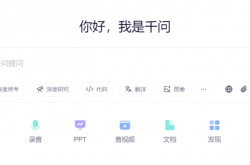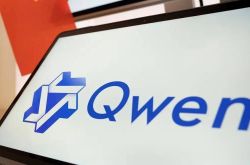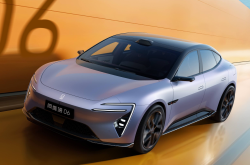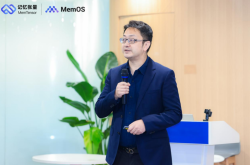Flooding into Hungary
![]() 05/17 2024
05/17 2024
![]() 671
671
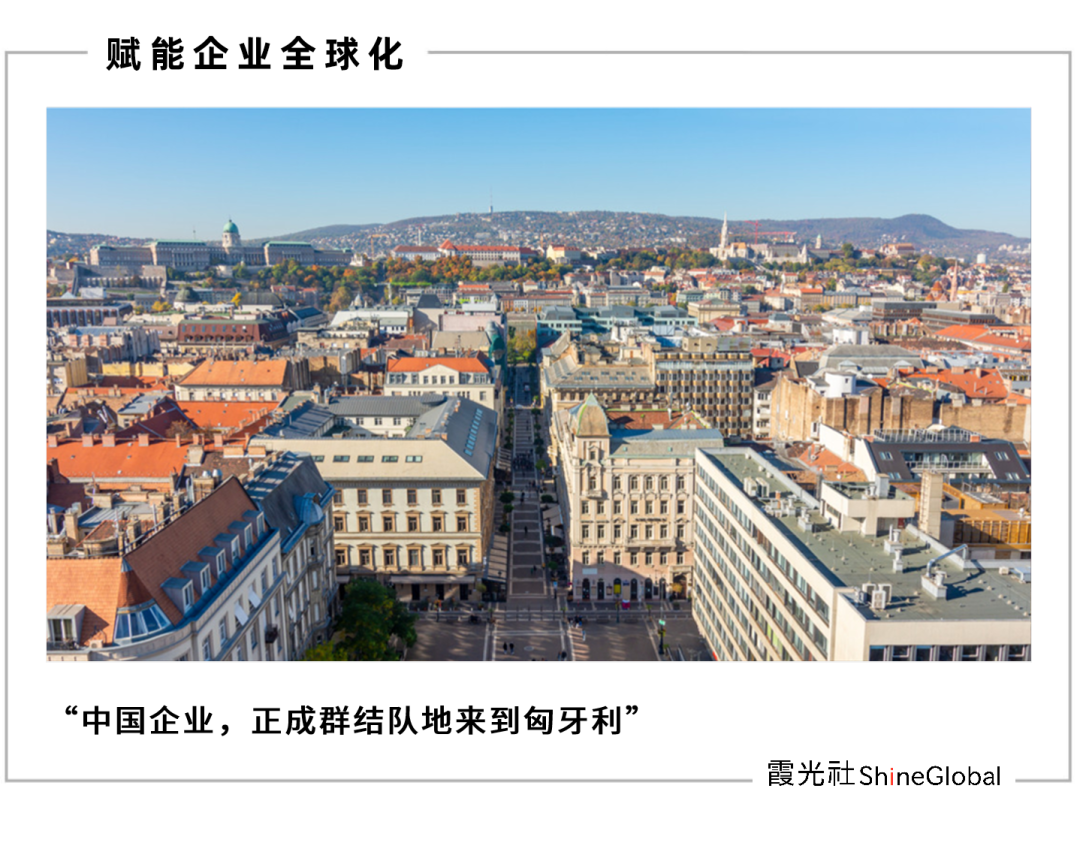
"Chinese enterprises are coming to Hungary in droves."
This is a sentence that was specifically mentioned in a report by the Hungarian Daily News on May 13th after a recent visit to Hungary by China's top leaders.
As a bridgehead for Chinese companies entering Europe, Hungary has become a new hot spot for Chinese companies to expand overseas.
How fast has the number of Chinese enterprises in Hungary grown? Here's a set of data from the Hungarian local media Pénzcentrum.hu: Currently, nearly 600 Chinese-funded enterprises are operating in Hungary, with over 85% of them registered after 2010.
The turnover of these Chinese companies in Hungary has also achieved rapid growth in recent years: The two most profitable industries are manufacturing and construction, with the former accounting for 70% of the total and the latter accounting for 20%. In 2022, the sales of Chinese-funded enterprises in Hungary exceeded 45 billion forints (915 million yuan), more than three times the turnover of the previous year.
In May, Chinese leaders visited Hungary, and the two countries established an "all-weather comprehensive strategic partnership for the new era," making this Central European country, which is only the size of Zhejiang Province in China, stand out among European powers and enter the field of vision of Chinese companies expanding overseas.
As one of the EU countries friendly to China, Hungary launched its "Open to the East" policy as early as 2011. Subsequently, in 2015, it became the first European country to join the "Belt and Road" initiative and sign a memorandum of understanding. Moreover, it has a solid industrial base, especially in the automotive industry, which is second only to Germany in Europe.
With China and Hungary entering a new cooperative relationship, what are the charms of this Central European country? Which Chinese companies are flooding here? What are the opportunities for Chinese companies in the long run? Let's explore these questions together in this article.

Hungary, located at the center of the European map, is known as the "crossroads" connecting the East and the West.
Hungary has a land area of 93,000 square kilometers, slightly smaller than Zhejiang Province in China (105,500 square kilometers); Hungary has a population of 9.68 million, compared to Hangzhou, the capital of Zhejiang Province, which has a population of 12.5 million. It can be seen that Hungary can only be considered a small country in terms of both area and population.
However, such a small European country has 600 Chinese-funded enterprises. Among them are large Chinese companies such as BYD, CATL, and Lenovo.
This stems from a transformation a decade ago.
From an economic and social system perspective, Hungary is similar to other European countries and is a capitalist country. It joined NATO in 1999 and the EU in 2004, integrating into the European economic system. Since then, capital from Europe, the United States, Japan, and South Korea has poured into Hungary, gradually gaining control of Hungary's automotive, electronics, chemical, and other industries. After the 2008 global financial crisis, Hungary began to reflect on the drawbacks of over-reliance on the EU. After the political strongman Viktor Orban was elected Prime Minister of Hungary, the "Open to the East" policy was launched in 2011.
How good is Hungary's relationship with China? There are several noteworthy things:
In 2013, China proposed the "Belt and Road" cooperation initiative, and in 2015, Hungary became the first European country to join the "Belt and Road" initiative and sign a memorandum of understanding. In 2021, the EU issued a statement attempting to interfere in China's internal affairs, and as a member of the EU, Hungary cast three vetoes. Another thing is that Chinese is extremely common here, becoming a second language for some people. Some locals believe that their ancestors came from China and are descendants of the Huns, earning them the nickname "heart in China while in the EU" among Chinese netizens.
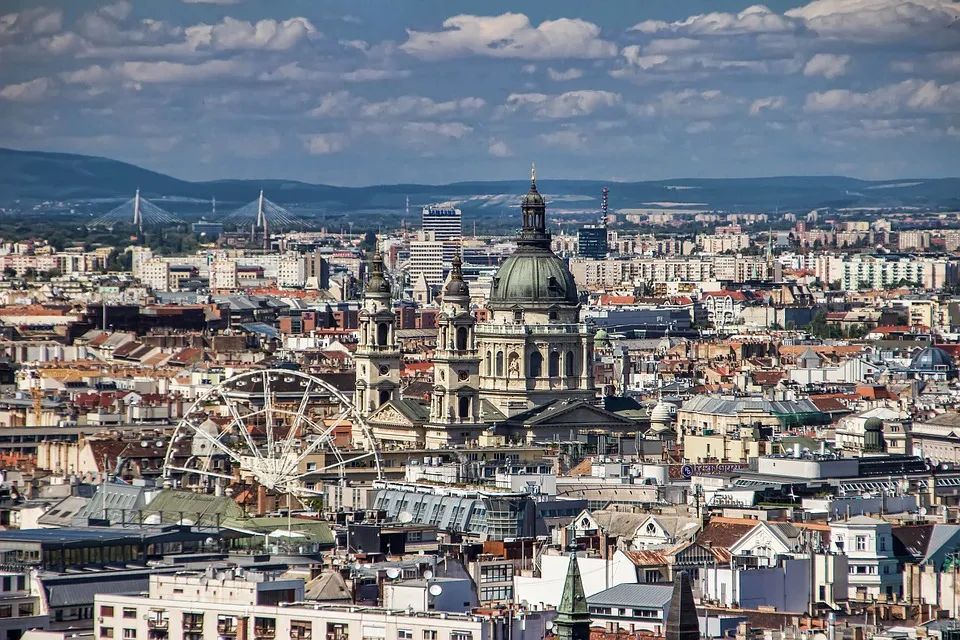
Budapest streetscape. Image source: pixabay
Thanks to these political and cultural mutual trust, Chinese companies have been able to quickly establish a presence in Hungary.
According to data from the local OPTEN company registration database, the number of Chinese-funded enterprises operating in Hungary has shown a stable growth trend in 2023. Local media Pénzcentrum.hu stated that the oldest Chinese company operating in Hungary has been there for more than 30 years, and to date, nearly 600 companies in Hungary have at least one Chinese owner. Among these 600 enterprises with Chinese backgrounds, more than 85% were registered after 2010. "Since 2010, there has been a significant change in the number of new companies established in Hungary, with more and more Chinese companies choosing Hungary," said Csaba Alföldi, an OPTEN business information expert.
Most of these enterprises (80% of the total) are registered in Budapest, where the Blue Danube flows through the city. The second most popular area for Chinese entrepreneurs is Győr-Moson-Sopron County. Chinese companies choose these two areas mainly because of their active trade and convenient accommodation services.
Most of these Chinese companies in Hungary are engaged in manufacturing and construction. Data shows that the total sales of Chinese-funded enterprises in Hungary exceeded 45 billion forints (915 million yuan) in 2022, more than three times the turnover of the previous year. Among them, the two most profitable industries are manufacturing and construction, with the former accounting for 70% of the total and the latter accounting for 20%.
Another dimension shows the rapid growth of these two industries in Hungary. According to a report by Pénzcentrum.hu, compared with 2021, Hungary's manufacturing output grew two-fold in 2022, while construction output grew nearly nine-fold. "Even without statistics, it is well known that trade and real estate are the targets of Chinese investors, which are also issues faced by individuals in their daily lives. While trade remains the main activity of Chinese companies established in 2020 and beyond, manufacturing is gaining more attention, ranking second on the podium of new enterprises," said Csaba Alföldi.
21st Century Business Herald interviewed Mr. Lin, a Chinese overseas in Europe, in a report in October 2022, sharing his experience. Operating a Chinese restaurant in downtown Budapest, he found that more and more Chinese guests were coming, "unlike tourists, they mainly came to Hungary to inspect investments or prepare for work. For example, CATL had many people come from China to prepare for a new project some time ago. They stationed nearby and often came here for working meals."
This year, with the establishment of the "all-weather comprehensive strategic partnership for the new era" between China and Hungary, it is foreseeable that Hungary will also become a new hot spot for Chinese companies expanding overseas.

It takes at least 12 hours to fly from China to Hungary.
Currently, four domestic cities have direct flights to Hungary, namely Beijing, Shanghai, Chongqing, and Ningbo. There are at least 19 direct flights every week.
It is said that by the second half of this year, China Southern Airlines will open a flight from Guangzhou to Budapest. In addition, Xi'an and Shenzhen will also open direct flights to and from Budapest. By then, there will be seven direct flights between China and Hungary.
The convenience of air transportation will greatly facilitate Chinese companies' business inspections in Hungary.
Among the four cities currently flying direct to Hungary, Ningbo is relatively special, driven more by business cooperation.
As early as November 2015, Ningbo Airport signed a cooperation memorandum with Budapest Airport in Hungary, forming a sister airport relationship. The two airports achieved comprehensive cooperation in passenger and cargo transportation market development, route planning, and personnel exchange. In May 2021, Ningbo opened a cargo route to and from Budapest, with the first flight carrying epidemic prevention materials, daily necessities, cross-border e-commerce goods, etc., to Budapest.
In July 2022, when the domestic epidemic was still not lifted, Ningbo government organized the first batch of business delegations to go abroad to "grab orders" in order to develop foreign trade markets. This business delegation included more than 600 enterprise heads who traveled to multiple European countries, including Hungary, by chartered flights, taking the first step in organizing enterprises to go abroad and grab orders.
This European trip allowed Ningbo enterprises to reach an order volume of 2 billion US dollars with European customers. Since then, various provinces and cities in China have embarked on a wave of government-organized overseas expeditions.
In February this year, the Suzhou Commerce Bureau organized enterprises to go to Central and Eastern Europe, leading a group of local cleaning appliance companies such as莱克, 添可, and 春菊 to Poland and Hungary to connect with local leading retailers and trade associations.
In the past, Suzhou's European cooperation customers were mainly in markets such as Germany. However, in recent years, with changes in international relations, the volume of cooperation between China and Germany has declined, while the volume of emerging market cooperation with Central and Eastern European countries such as Hungary and Poland has increased. At the matchmaking event, a Hungarian entrepreneur said that this was the first time that a delegation of Chinese small home appliance manufacturers had come to Hungary to hold related activities, giving them a deep understanding of the quality of "Suzhou-made" products and a further understanding of the city of Suzhou.
In addition to Suzhou, just in April, the Hungarian Expo Bureau and the Shenzhen Battery Industry Association held the "Hungarian Renewable Energy Enterprise Investment Summit and Zero Carbon Planet Carbon Reduction Summit" at the Budapest Exhibition Center. During the summit, the Shenzhen Battery Industry Association reached cooperation intentions with Europe's largest distributor.
Shenzhen is the most active frontier technological innovation hub in China, especially in the booming new energy industry in recent years, with over 4,000 companies in the upstream and downstream of the lithium battery industry chain. Previously, Shenzhen companies such as Huawei, BYD, and Keda Li have successively invested and cooperated in Hungary. This year, dozens of Shenzhen new energy industries and companies such as Huabao, Huameixingtai, and Shangshui have also organized overseas expeditions to Hungary.
As the tide of Chinese companies expanding overseas rises, the role played by the government has gradually deepened, with more and more governments beginning to take on the role of organizers and leading enterprises overseas. This endorsement effect has also greatly enhanced the efficiency of Chinese companies expanding overseas.

What is the most distinctive industry in Hungary?
It used to be healthcare. A set of data can illustrate how prominent Hungarian healthcare is globally.
Currently, Hungary has produced 17 Nobel Prize winners. Calculated based on a population of 10 million, it is the country with the highest number of Nobel Prize winners per capita in the world. Among these 17 Nobel Prize winners, five are Physiology or Medicine Prize winners, five are Chemistry Prize winners, and four are Physics Prize winners.
It is difficult to find another country with such a high density of medical research capabilities globally, and Budapest has consistently ranked among the most competitive cities in global biomedical technology.
Among Hungarian medical services, dentistry is particularly proud. It is said that more than 2.2 million people from around the world come to Hungary every year to see a dentist and soak in hot springs, most of them Europeans.

Budapest on the banks of the Danube. Image source: pixabay
At the same time, Hungary has a long history in the pharmaceutical industry, with global pharmaceutical giants such as Sanofi, GlaxoSmithKline, and Mylan using Hungary as their base. It is worth mentioning that Hungary is the first EU country to legislate on traditional Chinese medicine, and traditional Chinese medicine products are highly popular in Hungary. Now, with the influx of Chinese companies into Hungary, a new industry is becoming another calling card of this country - new energy. BloombergNEF released data showing that in 2022, China, Poland, and the United States ranked among the top three in battery production capacity globally, with China accounting for 77%, and Poland and the United States accounting for 6% each. Hungary, ranking fourth, produced 38GWh of batteries, accounting for 3% of the global total. However, this pattern may soon change. Since 2022, a large number of well-known Chinese power battery companies have entered Hungary to establish a presence.

Cars on the streets of Budapest. Image source: pixabay
In August 2022, CATL announced that it would invest up to 7.34 billion euros to build a new 100GWh battery factory in Debrecen, which will become Europe's largest battery factory in terms of production capacity upon completion. This is CATL's second overseas factory after its Thuringia battery factory in Germany. Construction of this factory officially began in the summer of 2023, with a trial operation in 2024 and production in 2025. After production starts, CATL's local battery production capacity in Europe will expand fourfold.
Adjacent to it is the Enjie Hungary plant. Yunnan Enjie is the world's largest lithium battery separator company. In September 2021, Enjie invested 183 million euros in Debrecen to build a lithium battery separator production base with an annual production capacity of 50,000 square meters. The project plans to construct four fully automatic imported film production lines and over 30 coating production lines. Currently, the Enjie Hungary plant has been put into production, producing key wet base membranes and functional coated separators for power lithium batteries, and is an important supplier to battery manufacturers such as EVE and CATL.
In addition, Enjie has also signed large orders with European battery newcomers, Automotive Cells Company (ACC) of France. Here, it is worth mentioning another leading Chinese battery manufacturer, EVE Energy. The EVE Hungary plant is a 20-minute drive from the Enjie Hungary plant. In November 2023, this 45-hectare Debrecen battery plant broke ground, with a total investment of over 7.5 billion yuan. The EVE Hungary plant is scheduled to go into production in 2026, producing 46mm large cylindrical batteries and supplying the adjacent BMW Hungary plant, which is expected to start operations in 2025 - a typical case of a Tier 1 supplier following the automaker to build a factory overseas.
After completion, the BMW Debrecen plant will become the second-largest automotive plant in Europe, with a huge production capacity of 150,000 units of the new-generation Neue Klasse electric vehicle models annually. Another project attracting attention in Hungary is BYD's Hungarian project. On the eve of Christmas 2023, BYD announced that it would build a new energy passenger car production base in Szeged, the third-largest city in southern Hungary, becoming the first Chinese company to have passenger car production capacity in the EU and the largest investment by a Chinese company in Hungary to date. It is said that the total investment for this project exceeds 5 billion euros and is expected to require 9,000 employees.
The plant is planned to go into production within three years, with an annual pure electric capacity of 200,000 units, almost a third of the total


